Enrichment of Knowledge and Experience: The Vietnamese Ministry of Transport Delegation’s Visit to China
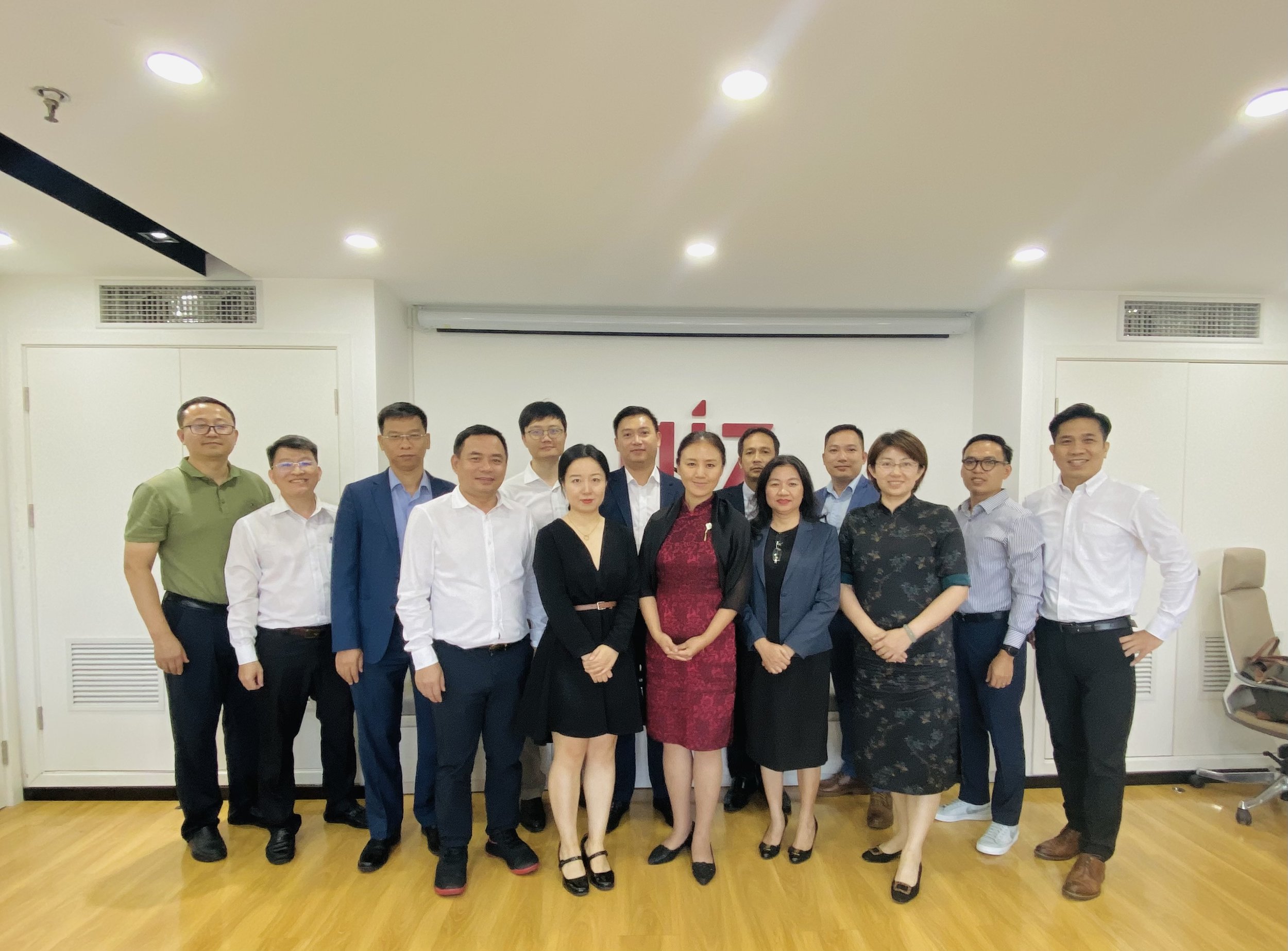
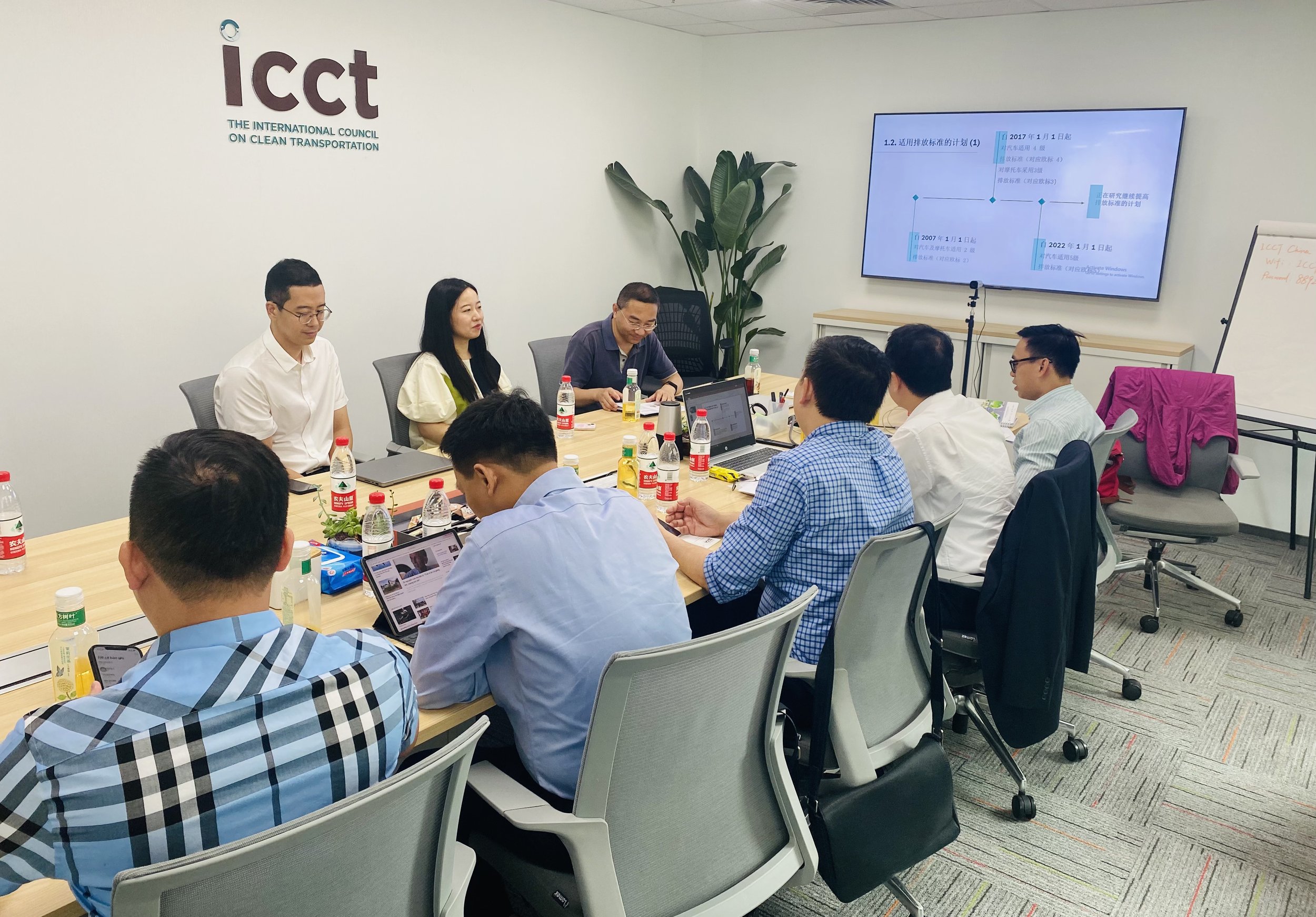
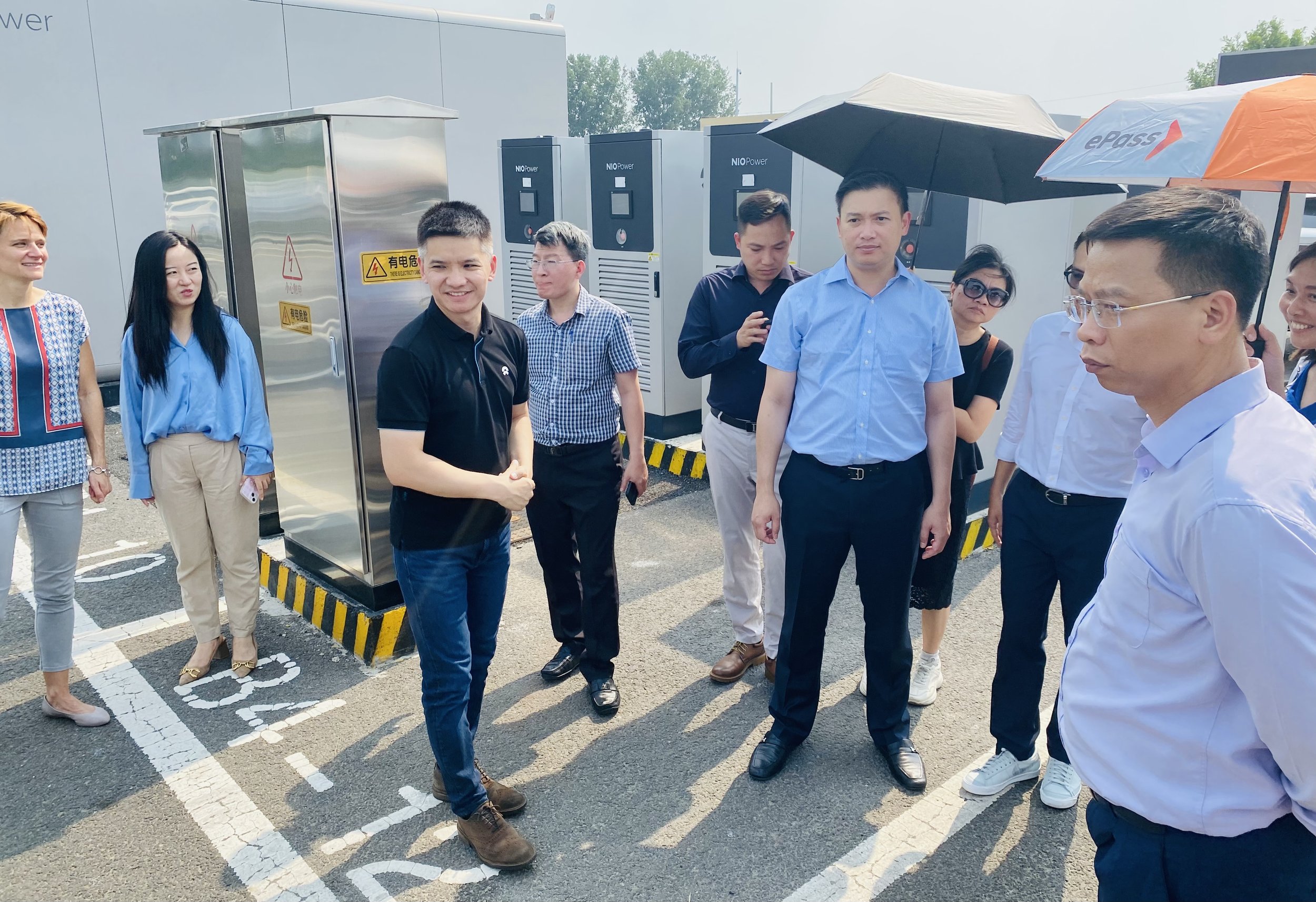
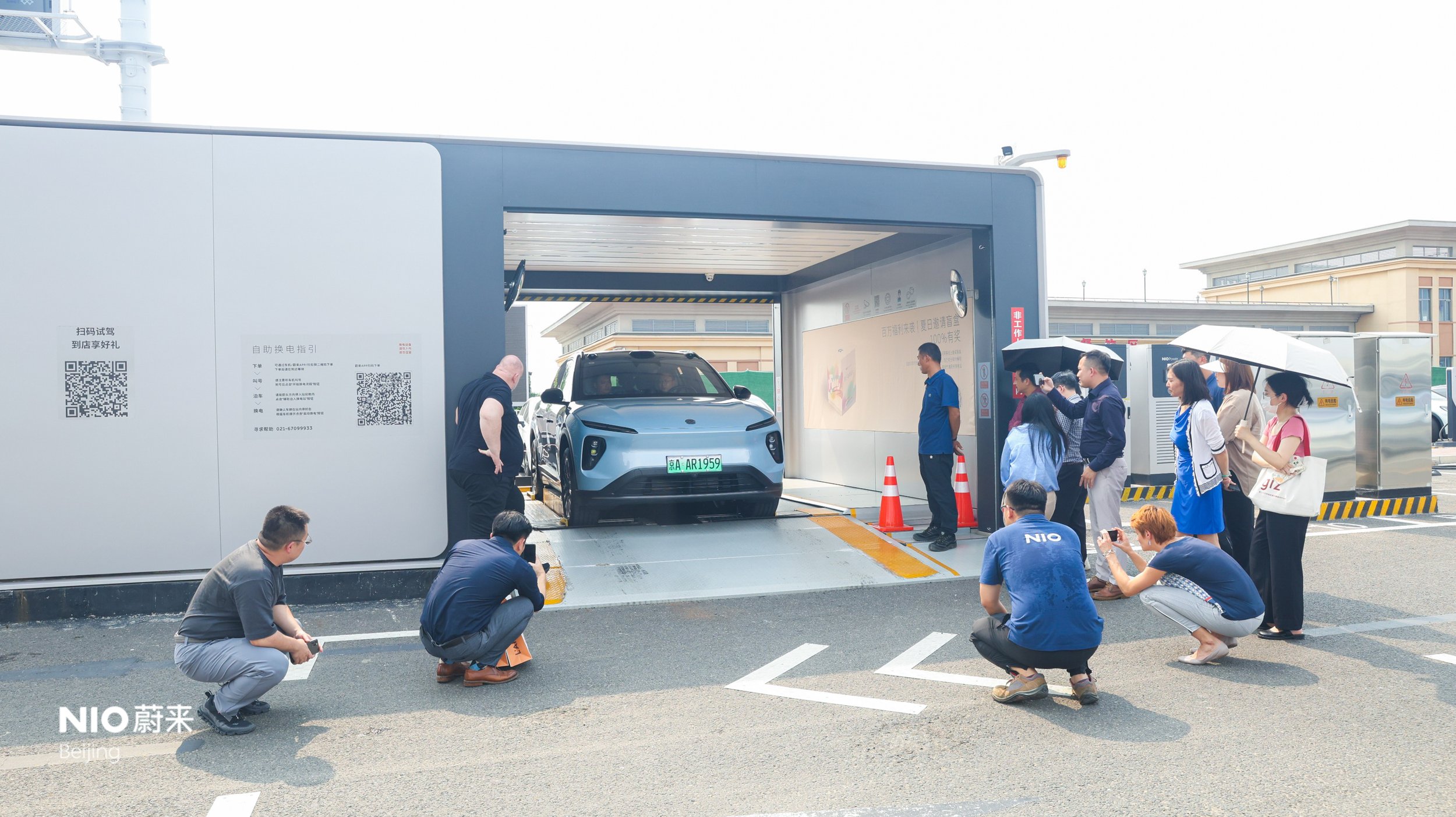
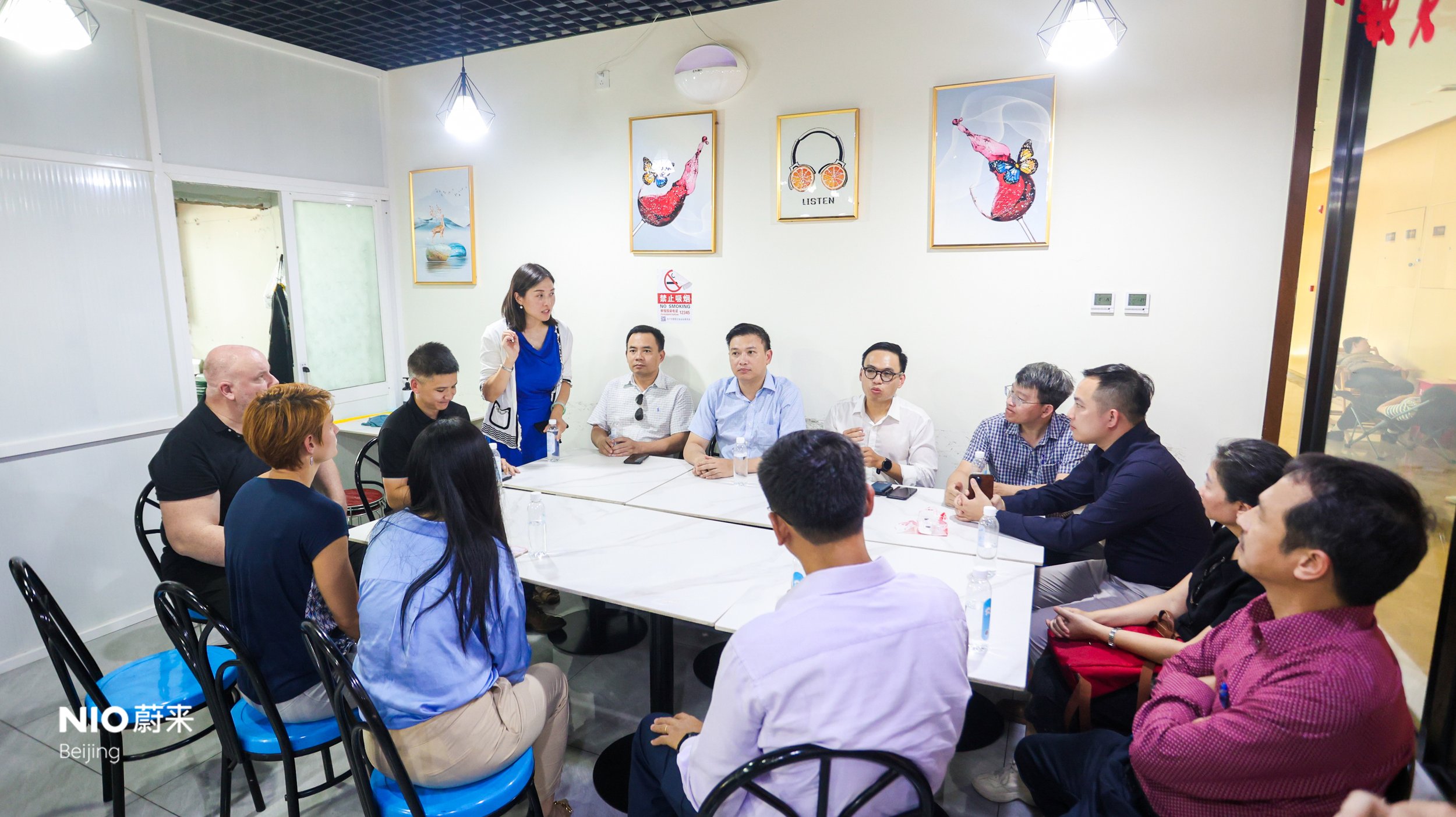
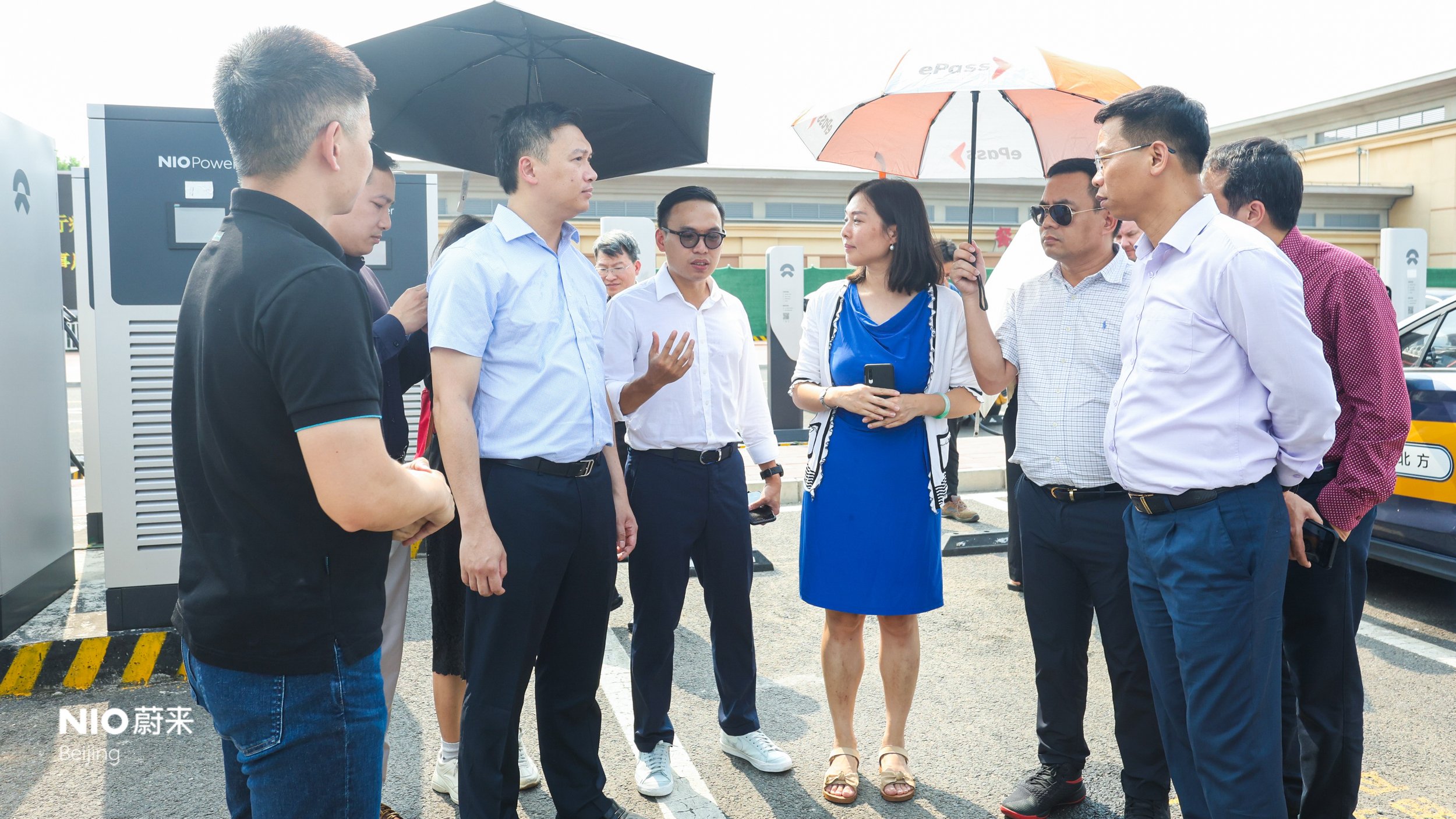
Learning about China’s E-Mobility and Charging Infrastructure Development
From July 24-27, a delegation from the Vietnamese government visited China to learn from and work with the Ministry of Transport of China, Centres and Research Institutes in the country on the topic of electric mobility (e-mobility) development and fuel consumption standards in China. The delegation consisted of the Viet Nam Road Administration, the Viet Nam Register, and the Department of Transport of Ho Chi Minh City. The visit was supported by staff from Deutsche Gesellschaft für Internationale Zusammenarbeit (GIZ) GmbH, within the framework of the "Transport Initiative in Nationally Determined Contribution for Asia" (NDC-TIA) program.
With increasing greenhouse gas (GHG) emissions and environmental pollution, China has issued a number of policies to support the transition from traditional vehicles to vehicles using clean, environmentally friendly energy. Similar to Viet Nam, numerous Chinese Ministries and Sectors have been involved in policy-making and promoting the transition, such as the State Capital Supervision and Management Committee, Ministry of Transport, Ministry of Construction, etc. In this regard, China has issued a target for e-mobility development for the period 2021-2030 and to support its implementation, relevant regulations have been established, including but not limited to:
The planning of the charging station system along roadways,
Regulations on investment in the construction of charging station infrastructure,
Specific requirements for parking locations to have chargers (at least 10% of parking spaces must have charging stations),
Prioritising fast-charging and charging stations with larger capacities, and
Applying new technology in charging station construction.
China also places a high priority on the digitisation of electric transport, such as making requirements to provide charging station information within a centralized system and mandating the use of a charging station search application. Infrastructure development for charging stations has been a top priority across the board in Chinese cities, especially in places where people can easily access them and develop habits of charging their vehicles. The government also assesses and recognises investment initiatives in charging stations. In addition to encouraging e-mobility development, China has also implemented policies to limit the use of internal combustion engines (ICE) in vehicles. These policies include limiting circulation of ICE vehicles to one day per week and applying a "lottery" mechanism to organisations and individuals who want to purchase new ICE vehicles.
Vietnamese delegation also had the opportunity to visit one of the major rest stops on the highway with a modern system of charging stations and battery swap stations for cars built and operated by Beijing Traffic Development and Investment Company, Beijing Energy Company, and NIO (Manufacturer). A unique feature of this system is that vehicles from other automakers can also use the charging station system here.
Fuel Economy Lessons from China
Regarding the setting of standards on fuel consumption, the delegation had a meeting with representatives of the China Emission Control Centre and exchanged experiences in developing a standard system. Accordingly, in the first stage, the Minimum Energy Performance Standard (MEPS) was issued to facilitate manufacturers and to encourage manufacturers to upgrade high technology, apply advanced techniques and change production models. With the growing scale and diversification of vehicle production in China, the Corporate Average Fuel Economy (CAFE) standard has been applied in parallel to increase flexibility, where MEPS is still maintained with the goal of eliminating outdated and obsolete technologies.
The meeting and interaction between the two parties have produced a number of results thanks to the assistance and connectivity of the NDC-TIA project, GIZ. This activity contributes practical support for the Ministry of Transport, Viet Nam in the process of revising the Road Traffic Law, as well as formulating and enacting policies and regulations to promote the use of fuel-efficient vehicles and renewable energy.
This training program lies under the framework of the NDC-TIA project, Viet Nam component.
Author: Hang Nguyen
